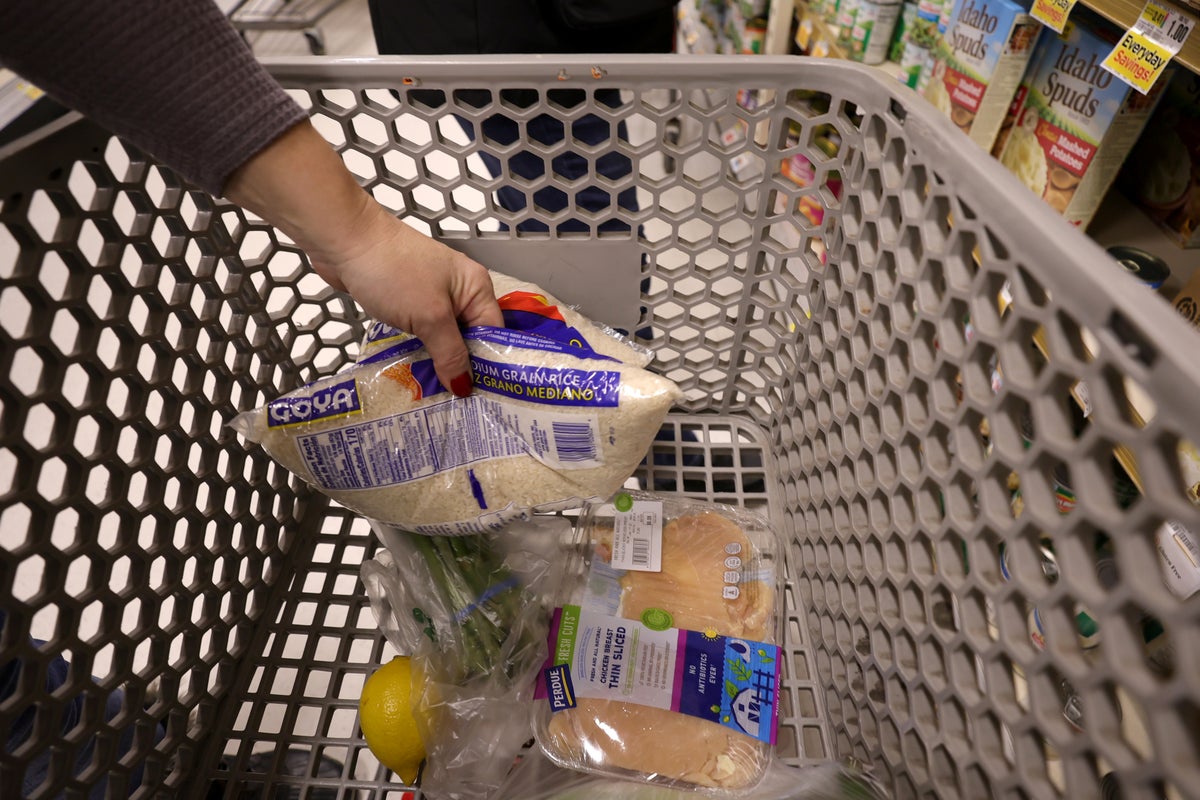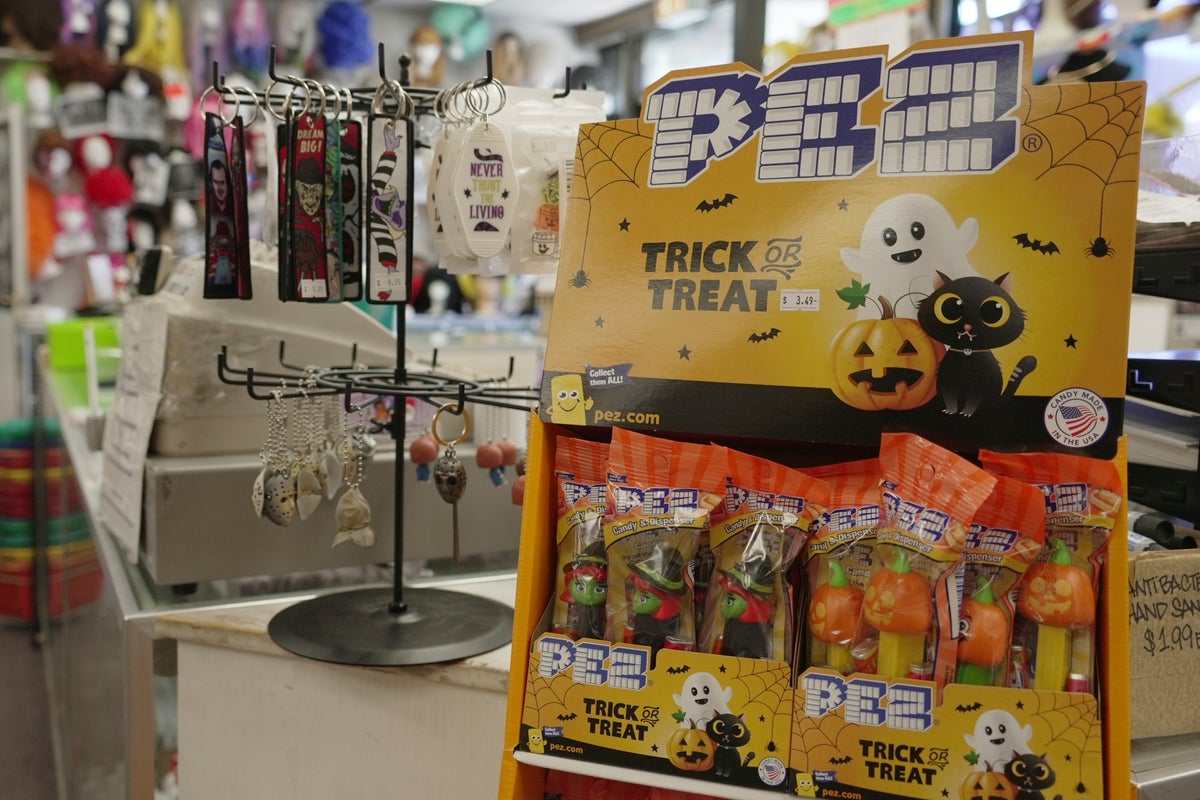SNAP Recipients Face Disdain As Corporations Cash In on Food Insecurity Amidst Government Aid Freeze
The Supplemental Nutrition Assistance Program (SNAP) has long served as a critical pillar of food security for millions of Americans, particularly during times of economic uncertainty. The program is designed to assist low-income families in purchasing food, enabling them to maintain a decent standard of living. Yet, the recent announcement by the U.S. Department of Agriculture (USDA) to freeze SNAP payments for the foreseeable future has created a ripple effect, compelling a range of private companies to adjust their business models in light of the drastic changes that low-income families are about to experience.
Amid this looming crisis, Instacart—one of the leading grocery delivery services in the United States—is stepping up to offer a limited-time promotion of 50% off groceries for SNAP recipients. This initiative appears to be a strategic response aimed at cushioning the blow that families will face during the impending pause in aid, which many experts fear will exacerbate food insecurity across the nation. However, this promotion also invites scrutiny over the relationship between corporate actions and governmental policy choices, raising important questions about the role that large corporations should play in addressing social welfare issues.
Under normal circumstances, a collaboration between a private entity like Instacart and a federally funded program such as SNAP would warrant positive recognition. After all, the goal is to ensure that those most affected by the freeze will still have access to essential food supplies. Yet, this situation may also illuminate a deeper societal problem: the growing reliance on for-profit companies to fill the gaps left by governmental safety nets. As the USDA halts these benefits, it sends a powerful and unsettling message about the state of social safety nets in the country. Are we witnessing the commercialization of welfare assistance, where companies like Instacart and DoorDash become essential lifelines for needy families? The answer to this question may determine the future of both food security and the viability of publicly-funded programs.
Historically, SNAP has been heralded not only as an economic safety net for families but as a substantial driver of economic activity within communities. Every dollar spent in SNAP benefits generates approximately $1.70 in economic activity, making it an efficient way to bolster local economies. However, it is essential to recognize that these benefits do not only serve the impoverished; they stimulate demand across the supply chain, supporting local farmers, grocery stores, and food producers. The decision to freeze SNAP payments is therefore not merely a political maneuver; it will have widespread implications that reverberate beyond individual households and negatively affect community and regional economic health.
Public health experts warn that hunger and food insecurity can lead to a range of chronic medical issues, impacting overall societal wellness. The USDA’s decision to pause SNAP payments raises questions about the moral and ethical responsibilities of the government when it comes to ensuring that its citizens can meet their basic needs. As we reflect on these considerations, it becomes imperative to understand the potential consequences of aligning welfare programs with corporate interests.
The complexities of this situation further intensify when one considers the troubling trend of increasing privatization of social services. When corporations step in to provide what the government has historically offered, it raises uncomfortable questions about the adequacy and goals of our social safety nets. Is this a sign that public assistance is transitioning toward privatization, whereby companies reap profits from society’s needs? The likelihood that this trend will persist suggests possible long-term implications that could lead to a permanent restructuring of how welfare is implemented in the United States.
Moreover, the provision of substantial discounts on groceries for SNAP recipients by corporations such as Instacart raises further ethical dilemmas. While their intentions might be rooted in benevolence, does this corporate charity come at the expense of larger systemic issues? For instance, if the government effectively hands over food security responsibilities to the private sector, could this lead to a cycle where companies benefit financially from food insecurity—a dynamic that is particularly distressing given that marginalized communities already suffer from inequitable access to resources?
Against this backdrop, it’s important to recognize that millions of Americans depend on SNAP to meet their nutritional needs. The impending freeze on benefits could lead to distressing outcomes where families are forced to reconsider their shopping habits in an already strained economy. Families may have to return to relying on food banks and other charitable services, which, while essential, cannot adequately replace the consistent and reliable support that SNAP offers. During economic downturns, the dependency on non-profits and last-resort services often signifies systemic failure and highlights significant gaps in community readiness and governmental support.
The broader context of the current socio-economic landscape further underscores the potential for heightened tensions around food insecurity. With inflation rates significantly affecting household budgets, the prospect of a SNAP benefits freeze is likely to alienate those who are already struggling. This realignment of power—from government aid back to corporate entities—raises questions about equity: Are corporations truly equipped to shoulder the weight of societal obligations when they are primarily motivated by profit?
Furthermore, the emergence of initiatives that offer discounts on grocery items for SNAP recipients, while perhaps well-intended, could inadvertently signal a new form of tokenism. The risk is that such programs allow governments to absolve themselves from their responsibility to ensure access to food at a fundamental level. In a society where food should be viewed as a basic human right, the government’s abdication of its role places undue burden on individuals who must navigate these newly shaped responsibilities, relying on corporations that may not have their best interests at heart.
As policymakers respond to these changes, they must grapple with difficult questions about the future of social welfare in a rapidly evolving economic landscape. The intersection of public assistance and corporate influence will require careful consideration as community needs evolve, and failure to respond thoughtfully could have lasting consequences. If corporate interests continue to overshadow the critical need for effective social safety nets, future generations may grapple with even greater disparities and injustices in access to essential resources.
In summary, as SNAP recipients brace for the effects of a benefit freeze and Instacart attempts to cushion the blow, the intersection between government welfare programs and corporate involvement in food security reveals broader systemic issues. These prevailing dynamics may redefine not only how we perceive food access and safety nets but could potentially influence the socio-economic fabric of the United States in the coming years. With food insecurity likely to be further amplified in a landscape already riddled with inequities, the role of corporate America will require careful scrutiny, particularly as it pertains to fundamental human rights. This discourse is essential for navigating the potential near and long-term impacts of evolving policies.
Instacart is one of several big companies reacting to the U.S. Department of Agriculture’s plan to freeze SNAP payments




